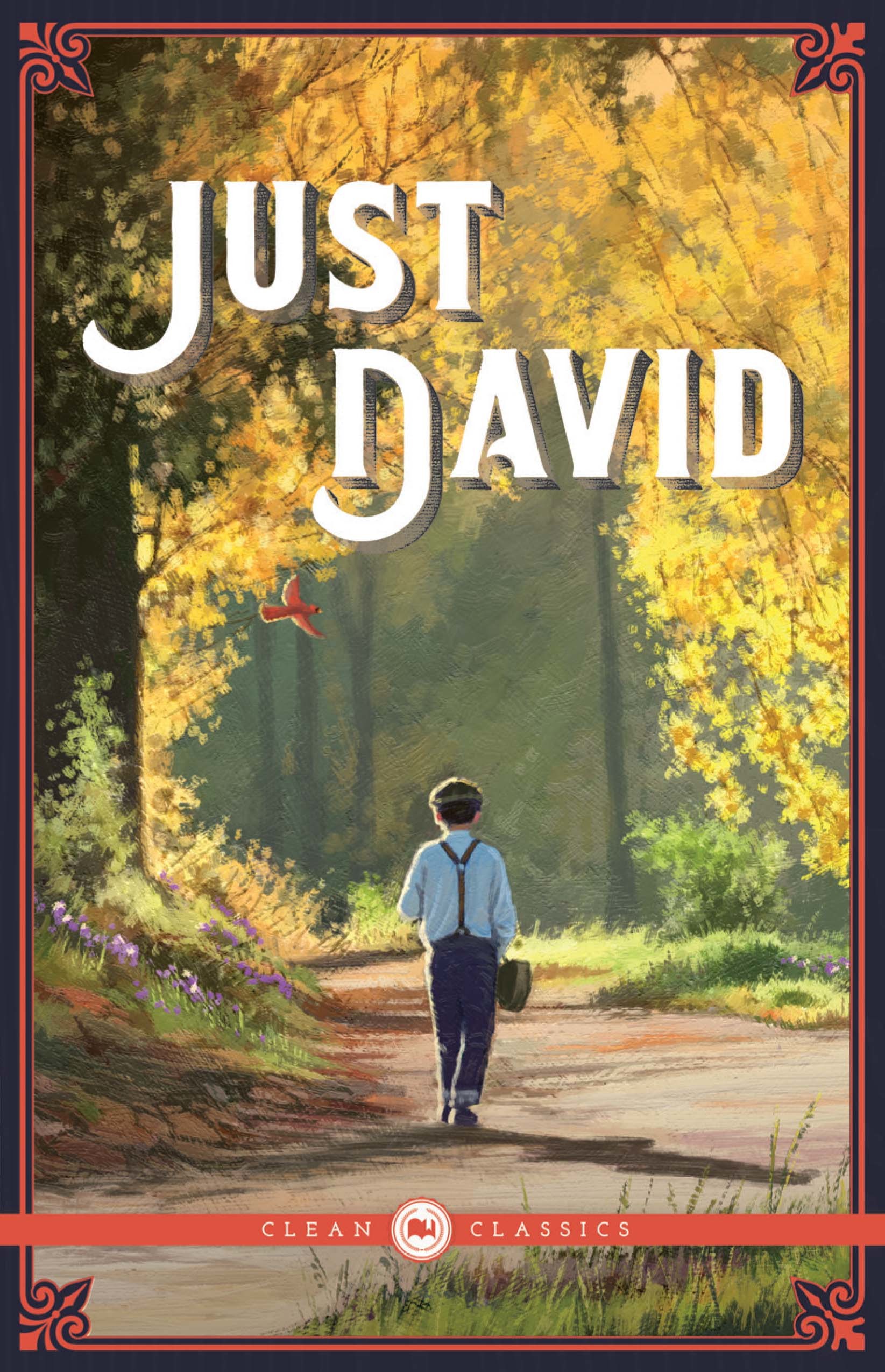The Trail
byThe Trail begins not with fanfare, but with the quiet tension of a life being dismantled in haste. David watches his father pack their things, his movements urgent and uneven. Once a peaceful place filled with music and faded portraits, their home becomes a shell, emptied of sentiment but heavy with unspoken farewells. David notices the changes but does not yet grasp their full weight. His father, though physically weak, is driven by purpose, determined to reach the valley. The boy, trusting and wide-eyed, follows without protest. What lies ahead is unclear, but David’s faith in his father’s decisions remains unshaken, even when the familiar path feels unfamiliar in its silence.
Along the trail, the contrast between David’s fascination with nature and his father’s growing struggle becomes clear. The forest hums with life—leaves flutter, birds call, and shafts of light dance on the path—but for the father, each step costs more than the last. He leans on David, who now takes on the quiet role of helper without being told. Even as his muscles ache from carrying more than just their belongings, David doesn’t complain. The boy’s world, once filled with questions about art, stories, and meaning, is now narrowed to every next step, each one leading them away from the mountain and toward something unknown. Behind them, only a small wooden door remains shut, sealing off a chapter of wonder.
Eventually, they stop in a town neither of them knows. The father, pale and trembling, gives David a gold piece and asks him to buy food. David, unaware of how the world works outside their mountain life, walks into the nearest shop with the gold in hand, only to be accused of theft. His honest explanation falls flat in a place that sees ragged clothes and assumes dishonor. Driven out in shame, David returns empty-handed, shaken not by hunger but by the cruelty of being misunderstood. His father, watching from the shadows, says nothing but grips David’s hand. The trail they had followed now feels colder.
Later that day, they press forward despite the signs. The father stops more often, leaning against trees, then rocks, then nothing at all. When he collapses, he does not cry out. Instead, he gently gives David a watch, a tiny portrait, and the pouch of gold—his final tokens. He tells David to listen to the world, to see beauty even where others see ruin. He speaks of a “far country,” not in geography, but in spirit—a place David must one day reach. These words stay with David long after the breath has left his father’s body. He does not understand everything, but he knows what must be done.
Night falls. The trail ends not at a gate or a town square but in a barn lit by the moon. David, heart aching and confused, lays beside his father, refusing to leave. Even in sleep, he clutches the violin, the one thing that never betrayed him. He does not yet know the names of towns or how to trade gold properly, but he knows how to play. He believes, perhaps naively, that if he fills the night with music, something—someone—will understand. He hopes that beauty still matters.
The chapter unfolds with a quiet intensity that underscores a child’s transition into a harsher world. David, raised on melodies and kindness, is suddenly faced with suspicion, pain, and isolation. Yet his responses are not bitter or broken. Instead, his instinct is to comfort, to hold fast to the few truths his father gave him—truths woven not through commands, but through stories, music, and presence. The violin is not just a tool for song. It is a compass, pointing not north, but inward, toward memory, trust, and resilience.
In this valley, David’s journey begins not with confidence, but with grief. Still, the tools he carries—his music, his father’s final words, and the portrait of a woman he never knew—become the foundation of who he must become. The trail has changed him, though he doesn’t fully see it yet. What lies ahead is uncertain, but David moves forward not out of knowledge, but love. And that, for now, is enough.

